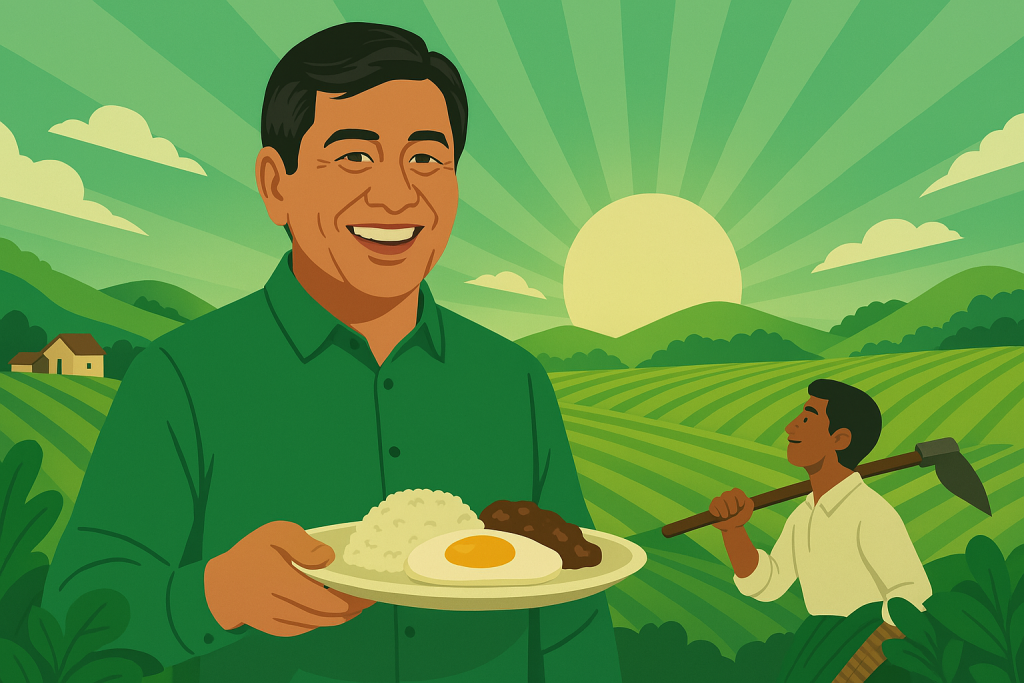In March 2025, former Senator Francis “Kiko” Pangilinan proposed a free breakfast program for students from preschool to Grade 12, aiming to combat malnutrition and hunger among Filipino children. The proposal received mixed reactions. Supporters view it as a crucial step toward addressing child malnutrition, while critics label it as “populist” and “unrealistic.” As an agriculturist, I believe Kiko Pangilinan’s free breakfast initiative holds significant potential, especially if implemented effectively.
Let’s dive deep into Kiko Pangilinan’s free breakfast plan, the national breakfast program:
Agricultural and Economic Benefits
Sourcing ingredients for Kiko Pangilinan’s free breakfast program directly from local farmers and fisherfolk could address multiple issues:
-
Hunger and Malnutrition: Providing nutritious meals to students.
-
Rural Poverty: Increasing income for farmers and fisherfolk.
-
Oversupply Issues: Ensuring a stable market for agricultural produce.
Under the Sagip Saka Act, government agencies can directly procure agricultural and fishery products from accredited farmers’ and fisherfolk enterprises, streamlining the procurement process and boosting local economies.
Private Sector Involvement
Pangilinan emphasizes the importance of private sector participation to ensure the program’s sustainability. Collaborations between the government and private entities can enhance resource mobilization and program reach.
Challenges in Agricultural Governance
Currently, multiple agencies oversee various aspects of agriculture:
-
Department of Agriculture (DA): Production.
-
Department of Agrarian Reform (DAR): Land distribution.
-
Department of Environment and Natural Resources (DENR): Land classification.
This fragmented structure can lead to inefficiencies and overlaps, hindering effective policy implementation.
Proposal: Department of Food and Agribusiness (DFAB)
Consolidating relevant agencies into a single Department of Food and Agribusiness could:
-
Reduce Bureaucratic Redundancies: Streamlining operations.
-
Enhance Support for Farmers: Providing clear and coordinated assistance.
-
Develop a National Strategy: Addressing hunger and inflation comprehensively.
Public Opinion
A Social Weather Stations (SWS) survey indicates that 90% of Filipinos are inclined to vote for candidates with concrete plans for agriculture and food security, highlighting the public’s prioritization of these issues.
Conclusion
The proposed free breakfast program extends beyond feeding students; it represents a multifaceted strategy to enhance nutrition, support local agriculture, and stimulate economic growth. With effective implementation and collaboration between the government and private sector, this initiative has the potential to yield significant benefits for the nation’s future.
